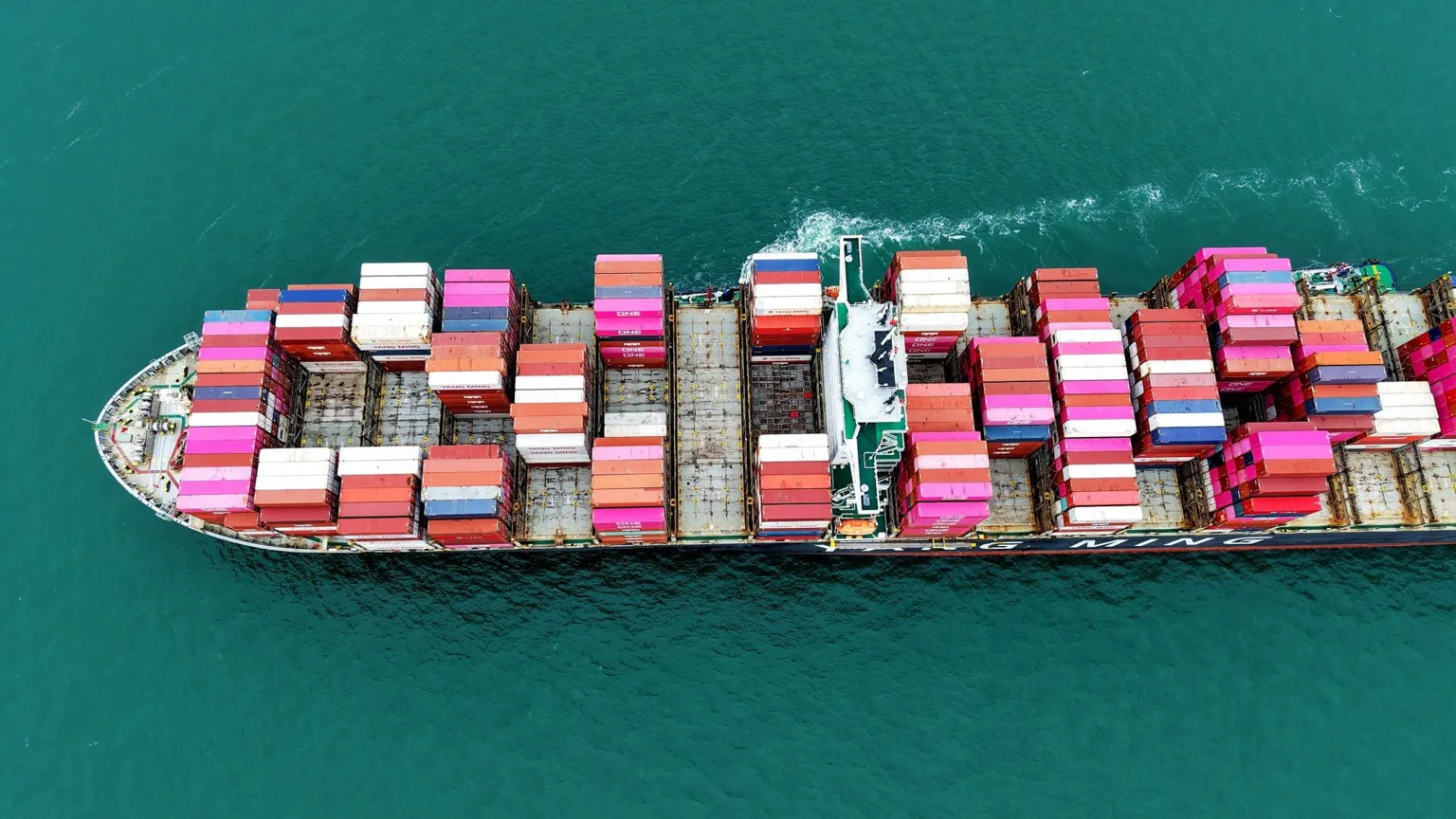A landmark global initiative aimed at reducing greenhouse gas emissions from the shipping industry has been postponed following opposition led by the United States and Saudi Arabia. The International Maritime Organisation’s (IMO) Net-Zero Framework (NZF), designed to make maritime trade cleaner and more sustainable, was expected to be adopted during the Marine Environment Protection Committee’s (MEPC) meeting in October 2025. However, the framework faced significant resistance, resulting in a year-long delay. The NZF proposed drastic emission cuts by transitioning vessels from fossil fuels to renewable energy-based alternatives and introduced a carbon levy to fund climate adaptation in developing nations, particularly Small Island Developing States (SIDS). The US criticized the emissions pricing as an ‘unsanctioned global tax regime,’ while Saudi Arabia proposed an adjournment, which passed with 57 countries in favor. The decision has left small island nations, already vulnerable to climate change, in a precarious position. Countries like Saint Lucia, which rely heavily on maritime trade, face economic challenges in balancing climate commitments with financial realities. Despite the setback, technical work on the framework will continue, with hopes for renewed dialogue between developed and developing nations.
